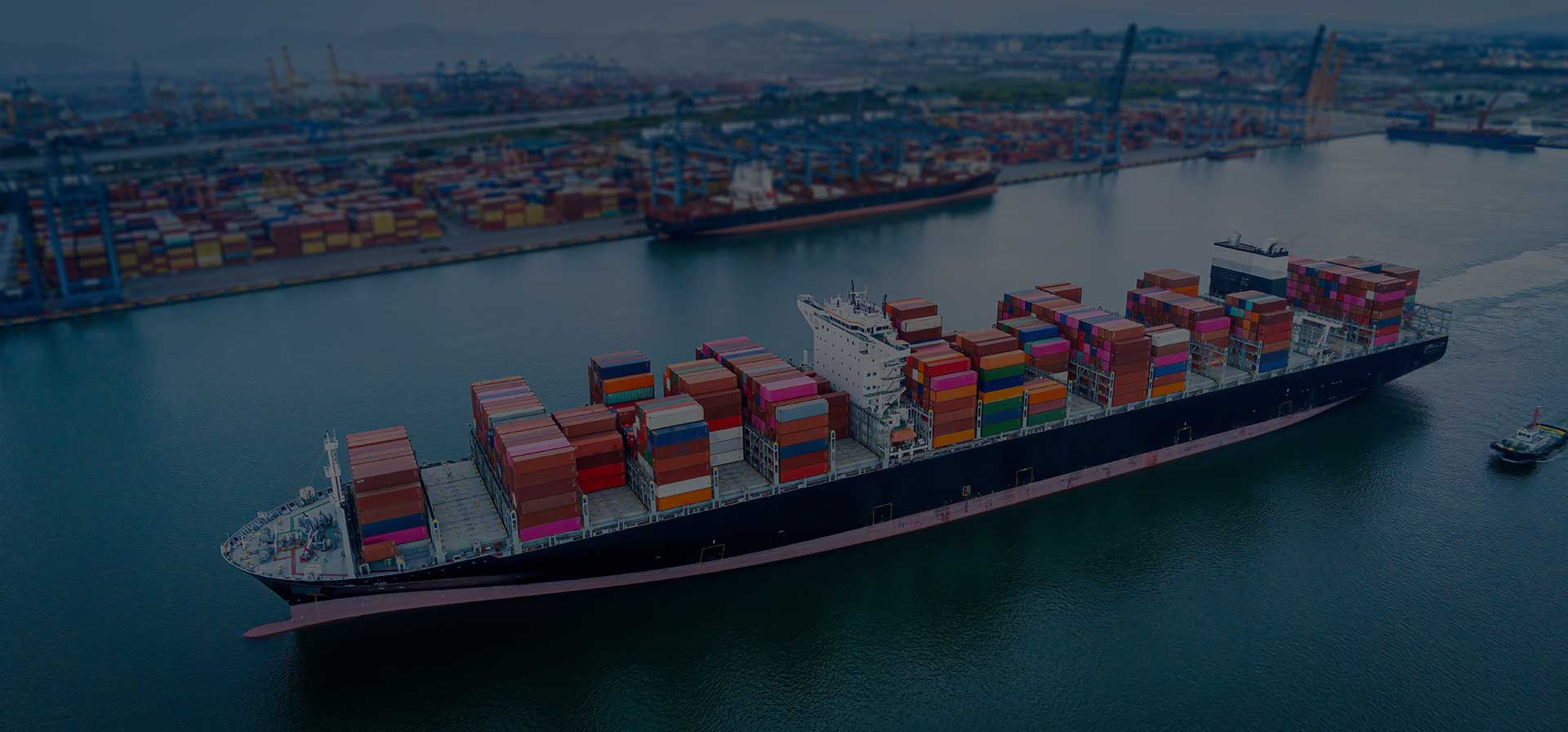Festivals are vibrant celebrations of music, culture, and community, but they also come with inherent risks. From adverse weather conditions to unexpected cancellations, festival organizers face numerous challenges that can jeopardize the success of their events. Insurance is important for festivals and to ensure these gatherings are adequately protected.
Understanding the Risks:
- Weather-Related Disruptions:
- Festivals are often held outdoors, making them vulnerable to adverse weather conditions such as heavy rain, storms, or extreme heat.
- These weather events can lead to cancellations, delays, or evacuations, resulting in financial losses due to ticket refunds, lost revenue from concessions and merchandise sales, and damage to equipment or infrastructure.
- Example: The TomorrowWorld music festival in Georgia was forced to cancel its third day in 2015 due to heavy rain and flooding, resulting in significant financial losses and negative publicity for the organizers.
- Accidents and Injuries:
- Large crowds, uneven terrain, and recreational activities at festivals increase the risk of accidents and injuries to attendees.
- Organizers may face lawsuits or legal claims from injured individuals seeking compensation for medical expenses, lost wages, or pain and suffering.
- Example: At the 2017 Route 91 Harvest music festival in Las Vegas, a mass shooting incident resulted in numerous casualties and injuries, leading to lawsuits against the organizers and venue owners alleging inadequate security measures and negligence.
- Property Damage:
-
- Festivals involve the setup of temporary structures, stages, and equipment, which are susceptible to damage from accidents, vandalism, or natural disasters.
- Property damage can disrupt the event, cause delays, and incur additional expenses for repairs or replacement of equipment and infrastructure.
- Example: The Woodstock ’99 music festival experienced widespread property damage, including fires, looting, and destruction of facilities, leading to millions of dollars in damages and tarnishing the festival’s reputation.
- Legal Liabilities:
- Festival organizers may face legal liabilities related to contracts with performers, vendors, sponsors, and venue owners, as well as compliance with health and safety regulations.
- Breach of contract, intellectual property disputes, and failure to obtain necessary permits or licenses can result in lawsuits, fines, or legal settlements.
- Example: The Fyre Festival debacle in 2017 resulted in multiple lawsuits against the organizers for fraud, breach of contract, and misrepresentation, highlighting the legal risks associated with festival planning and execution.
- Financial and Reputational Impacts:
-
- Incidents or disasters at festivals can have significant financial consequences, including loss of revenue, increased insurance premiums, and potential bankruptcy or business closure.
- Moreover, negative publicity resulting from safety incidents, logistical failures, or legal disputes can damage the reputation of the festival organizers and deter attendees, sponsors, and investors in the future.
- Example: The cancellation of the Pemberton Music Festival in 2017 due to bankruptcy left ticket holders and vendors out of pocket, leading to lawsuits and a tarnished reputation for the festival organizers.
Essential Insurance Coverage: Key Insurance Policies
- Event Cancellation Insurance:
- Event cancellation insurance provides coverage for financial losses incurred if the festival is canceled, postponed, or interrupted due to unforeseen circumstances beyond the organizer’s control, such as adverse weather, natural disasters, or sudden illness of key personnel.
- Coverage: Typically covers expenses such as venue rental fees, non-refundable deposits, advertising costs, and lost revenue from ticket sales, concessions, and merchandise.
- Importance: Helps protect festival organizers from substantial financial losses resulting from unavoidable cancellations or disruptions, providing financial stability and peace of mind.
- General Liability Insurance:
- General liability insurance provides coverage for bodily injury, property damage, and personal injury claims arising from accidents or incidents that occur during the festival, whether on-site or off-site.
- Coverage: Protects against lawsuits and legal claims from attendees, vendors, performers, or third parties alleging negligence, premises liability, or product liability.
- Importance: Essential for protecting festival organizers from costly legal expenses, settlements, or judgments resulting from accidents, injuries, or property damage at the event.
- Property Insurance:
- Property insurance covers damage or loss to physical assets owned or leased by the festival organizer, including structures, equipment, signage, and inventory.
- Coverage: Typically includes coverage for fire, theft, vandalism, and natural disasters such as storms, floods, or earthquakes.
- Importance: Helps mitigate financial losses associated with damage or destruction of festival infrastructure and equipment, ensuring the event can be restored and operational following an insured peril.
- Workers’ Compensation Insurance:
- Workers’ compensation insurance provides coverage for medical expenses, lost wages, and disability benefits for employees who sustain work-related injuries or illnesses during the festival.
- Coverage: Mandatory in most jurisdictions for employers to provide compensation to employees for job-related injuries or illnesses, regardless of fault.
- Importance: Protects festival organizers from potential lawsuits or legal liabilities resulting from workplace injuries, while also providing essential support and benefits to injured workers.
Tailoring Coverage to Festival Needs:
Considerations for customizing insurance coverage for festivals based on size, location, and nature are essential to ensure comprehensive protection tailored to the specific risks and requirements of each event. Here are key factors to consider:
- Size of the Festival:
- Attendance: Larger festivals with higher attendance levels may face increased risks related to crowd management, security, and emergency response.
- Scope of Activities: The scale and diversity of activities, performances, and attractions at larger festivals can impact insurance needs, such as additional coverage for larger stages, equipment, and logistics.
- Vendor and Sponsorship Participation: Greater vendor and sponsorship involvement may necessitate higher liability limits and additional coverage for contractual obligations and endorsements.
- Location of the Festival:
- Geographical Risks: Consideration of regional weather patterns, environmental risks, and geological factors such as seismic activity or flooding is crucial for assessing property and casualty risks.
- Regulatory Environment: Compliance with local regulations, permitting requirements, and environmental standards may influence insurance coverage and risk management strategies.
- Access to Emergency Services: Proximity to medical facilities, fire departments, and law enforcement agencies can impact emergency response capabilities and insurance considerations for medical expenses, evacuation, and liability coverage.
- Nature of the Festival:
- Type of Activities: Festivals may vary in focus, such as music, arts, food, cultural, or sports events, each presenting unique risks and liabilities that require specialized insurance coverage.
- Duration and Frequency: Consideration of the duration and frequency of the festival, whether it’s a one-time event or recurring, can influence policy terms, premium rates, and coverage options.
- Audience Demographics: Understanding the demographics and behavior of attendees, including age groups, alcohol consumption patterns, and recreational preferences, is essential for assessing liability risks and tailoring coverage accordingly.
- Additional Considerations:
- Risk Assessment: Conducting a comprehensive risk assessment, including venue inspections, safety audits, and historical data analysis, helps identify potential hazards and vulnerabilities that inform insurance needs.
- Customized Coverage: Working closely with an experienced insurance broker or agent to customize coverage options, policy limits, deductibles, and endorsements based on the specific requirements and risk profile of the festival.
- Budgetary Constraints: Balancing insurance needs with budgetary constraints requires careful evaluation of coverage priorities, risk tolerance, and cost-effective solutions to maximize protection within financial constraints.
Policy Add-Ons Necessary for Festivals:
- Liquor Liability Insurance:
- Liquor liability insurance provides coverage for claims related to alcohol-related accidents or injuries occurring at the festival, such as intoxicated attendees causing harm to themselves or others.
- Coverage: Protects against lawsuits alleging negligence in serving alcohol, underage drinking, or over-serving intoxicated patrons.
- Importance: Especially important for festivals serving alcohol, as it helps mitigate the significant risks and liabilities associated with alcohol consumption and related incidents.
- Non-Appearance Insurance:
- Non-appearance insurance provides coverage for financial losses incurred if scheduled performers, artists, or key personnel are unable to attend or fulfill their contractual obligations due to unforeseen circumstances, such as illness, injury, or travel disruptions.
- Coverage: Typically covers expenses such as artist fees, production costs, and ticket refunds associated with canceled performances or appearances.
- Importance: Protects festival organizers from financial losses and reputational damage resulting from unexpected cancellations or no-shows by headline acts or key participants.
- Terrorism Insurance:
- Terrorism insurance provides coverage for losses resulting from acts of terrorism, including bombings, shootings, or other violent acts intended to cause harm or disruption.
- Coverage: Protects against property damage, business interruption, and liability claims arising from terrorist attacks or threats.
- Importance: While terrorism may be rare, having this coverage can provide peace of mind and financial protection against unforeseen acts of violence or terrorism targeting the festival or its attendees.
Risk Management Strategies:
- Develop an Emergency Preparedness Plan:
- Create a comprehensive emergency preparedness plan that outlines procedures for various scenarios, including severe weather, medical emergencies, security threats, and evacuation protocols.
- Assign roles and responsibilities to designated staff members or teams tasked with implementing the emergency plan and coordinating with external emergency services.
- Implement Crowd Control Measures:
- Conduct thorough site assessments to evaluate crowd capacities, ingress and egress points, and potential chokepoints or bottlenecks.
- Implement crowd management strategies such as designated entry and exit lanes, crowd flow signage, barriers, and trained security personnel to maintain order and ensure the safety of attendees.
- Establish Vendor Screening Procedures:
- Implement vendor screening procedures to vet vendors and contractors for legitimacy, insurance coverage, and compliance with health and safety regulations.
- Require vendors to provide proof of insurance, permits, and certifications, and conduct onsite inspections to ensure compliance with contractual obligations and safety standards.
- Provide Comprehensive Training:
- Train staff, volunteers, and contractors on emergency response procedures, crowd management techniques, first aid, and crisis communication protocols.
- Conduct regular drills and simulations to practice emergency scenarios and ensure all stakeholders are prepared to respond effectively in high-stress situations.
- Enhance Security Measures:
- Implement robust security measures, including bag checks, metal detectors, CCTV surveillance, and uniformed security personnel stationed throughout the festival grounds.
- Collaborate with local law enforcement agencies and private security firms to develop security plans, intelligence sharing protocols, and contingency measures to mitigate security threats.
Ensuring Compliance and Peace of Mind:
Ensuring compliance with local regulations and insurance requirements for festivals is essential to uphold legal obligations, promote public safety, mitigate risks, and safeguard the interests of all stakeholders involved. Here is why it is important:
- Importance of Ensuring Compliance with Local Regulations and Insurance Requirements for Festivals:
- Legal Obligations: Compliance with local regulations, permits, and licensing requirements is essential to ensure the festival operates within the bounds of the law. Failure to adhere to regulatory requirements can result in fines, penalties, or legal liabilities for the organizers.
- Public Safety: Local regulations often incorporate safety standards and guidelines designed to protect public health, safety, and welfare. Compliance with these regulations helps minimize risks to attendees, vendors, performers, and the surrounding community.
- Risk Mitigation: Local regulations may include provisions related to crowd control, emergency preparedness, fire safety, food handling, sanitation, and environmental protection. Adhering to these regulations helps mitigate risks and prevent accidents, injuries, or emergencies during the festival.
- Reputation Management: Compliance with local regulations demonstrates professionalism, integrity, and respect for the community, enhancing the festival’s reputation and credibility among attendees, sponsors, vendors, and regulatory authorities.
- Sustainability and Environmental Impact: Local regulations may address environmental concerns such as waste management, noise pollution, and conservation efforts. Compliance with these regulations supports sustainability initiatives and minimizes the festival’s environmental footprint.
- Importance of Adequate Insurance Coverage for Peace of Mind:
- Financial Protection: Adequate insurance coverage provides financial protection against unforeseen events, accidents, liabilities, and losses that could otherwise result in significant financial burdens for festival organizers, sponsors, vendors, and attendees.
- Risk Transfer: Insurance allows festival organizers to transfer certain risks and liabilities to insurance carriers, reducing their exposure to financial losses and legal liabilities associated with accidents, injuries, property damage, or other unforeseen incidents.
- Business Continuity: In the event of cancellations, disruptions, or emergencies, insurance coverage can help mitigate financial losses and facilitate business continuity by covering expenses such as venue rental fees, production costs, and refunds to ticket holders.
- Liability Protection: Insurance coverage protects organizers, sponsors, vendors, and attendees from potential legal liabilities arising from accidents, injuries, or property damage occurring during the festival, providing peace of mind and assurance of financial support in the event of lawsuits or claims.
- Reassurance and Confidence: Adequate insurance coverage provides reassurance and confidence to stakeholders involved in the festival, including organizers, sponsors, vendors, and attendees, knowing that they are protected against unforeseen risks and liabilities.
Festivals are a source of joy and inspiration for millions of people worldwide, but behind the scenes, diligent planning and risk management are essential to their success. By understanding the importance of insurance and implementing the right coverage and risk management strategies, festival organizers can safeguard their events and ensure memorable experiences for all involved.




